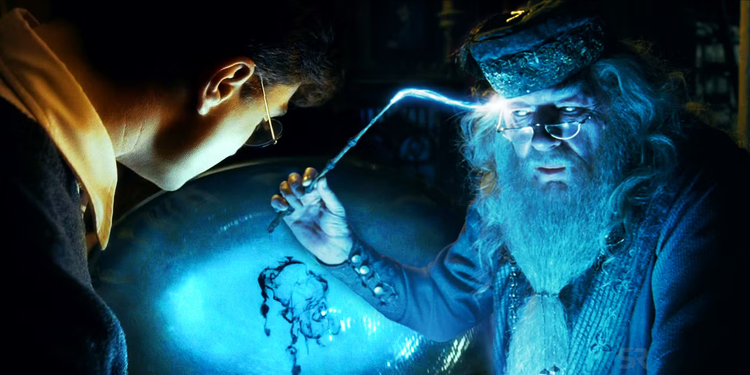Middle Managers Are Dead, Long Live Middle Managers

The traditional middle manager is dying - but not for the reasons you might think.
As AI tools like ChatGPT and Claude revolutionize workplace communication, a seismic shift is coming to organizational hierarchy. Those who've struggled to "speak the language" of corporate culture are about to leap past the traditional gatekeepers of information flow.
Key Insights:
- AI is becoming the new "corporate translator"
- Problem-solvers will replace presentation-focused leaders
- The future belongs to those who understand problems, not just how to talk about them
The Corporate Language Barrier
The corporate world has long operated on unspoken rules of communication. Success often hinges less on what you know and more on how well you can present it. I learned this firsthand when I transitioned from my predominantly Black and Latino, lower-middle-class community to the upper-class, white private-school culture of USC. The shock wasn't just cultural – it was linguistic.
This "code-switching" – adapting your communication style to match institutional expectations – has been the traditional ladder for advancement. But that ladder is about to transform, and those who've felt locked out of leadership positions might soon find themselves at the top.
The Problem with Today's Middle Management
Current middle management thrives on three primary skills:
- Translating executive vision into team actions
- Packaging ground-level insights for upper management
- Managing information flow between organizational layers
Yet this model has a critical flaw: it often promotes those who excel at presentation over those with deeper insights and practical knowledge. The result? Organizations where clarity of voice frequently trumps depth of understanding.
Enter AI: The Great Equalizer
Large language models (LLMs) are becoming the modern Tower of Babel for workplace communication. Tools like ChatGPT and Claude aren't just enhancing productivity – they're democratizing corporate communication itself.
Consider what this means:
- The brilliant strategist who struggles with PowerPoint can now generate compelling presentations
- The innovative problem-solver with non-traditional communication patterns can articulate ideas in "corporate speak"
- The execution-focused leader can translate technical insights into executive summaries
The Power Shift
This transformation goes beyond mere communication enhancement. We're witnessing the emergence of a new leadership class – one defined by their ability to:
- Identify and solve complex problems
- Understand practical implementation challenges
- See both strategic vision and granular details
These individuals, previously held back by communication barriers, now have AI as their translator and amplifier. They're no longer limited by their ability to "speak the language" of corporate hierarchy.
The New Face of Leadership
Tomorrow's leaders will emerge from today's execution-heavy roles, equipped with AI tools that:
- Translate complex ideas into clear narratives
- Coordinate tasks and manage operations
- Bridge communication gaps across teams and hierarchies
This shift creates space for diverse thinking styles and backgrounds in leadership positions. Those who truly understand problems and their solutions will naturally rise, replacing leaders whose primary strength was presenting others' ideas.
A Two-Way Evolution
Interestingly, this transformation works both ways. While AI helps problem-solvers communicate more effectively, it also enables communication-focused individuals to deepen their practical understanding. Traditional middle managers who embrace these tools can enhance their strategic thinking and execution capabilities.
The Path Forward
For organizations and leaders, the message is clear: adapt or become obsolete. The future of management lies not in controlling information flow, but in:
- Understanding complex challenges
- Facilitating practical solutions
- Leading with insight rather than presentation
- Managing both human and AI resources effectively
A Note to Current Middle Managers
If you're a middle manager reading this with concern, consider it a wake-up call rather than a death sentence. The tools that are disrupting traditional management structures also offer unprecedented opportunities for growth. The question isn't whether to adapt, but how quickly you can embrace this new paradigm.
The era of the traditional middle manager is ending. But for those willing to evolve – regardless of their background or communication style – a more meritocratic and inclusive leadership landscape awaits.
The future belongs to those who understand problems, not just how to talk about them. Which side of this transformation will you be on?



